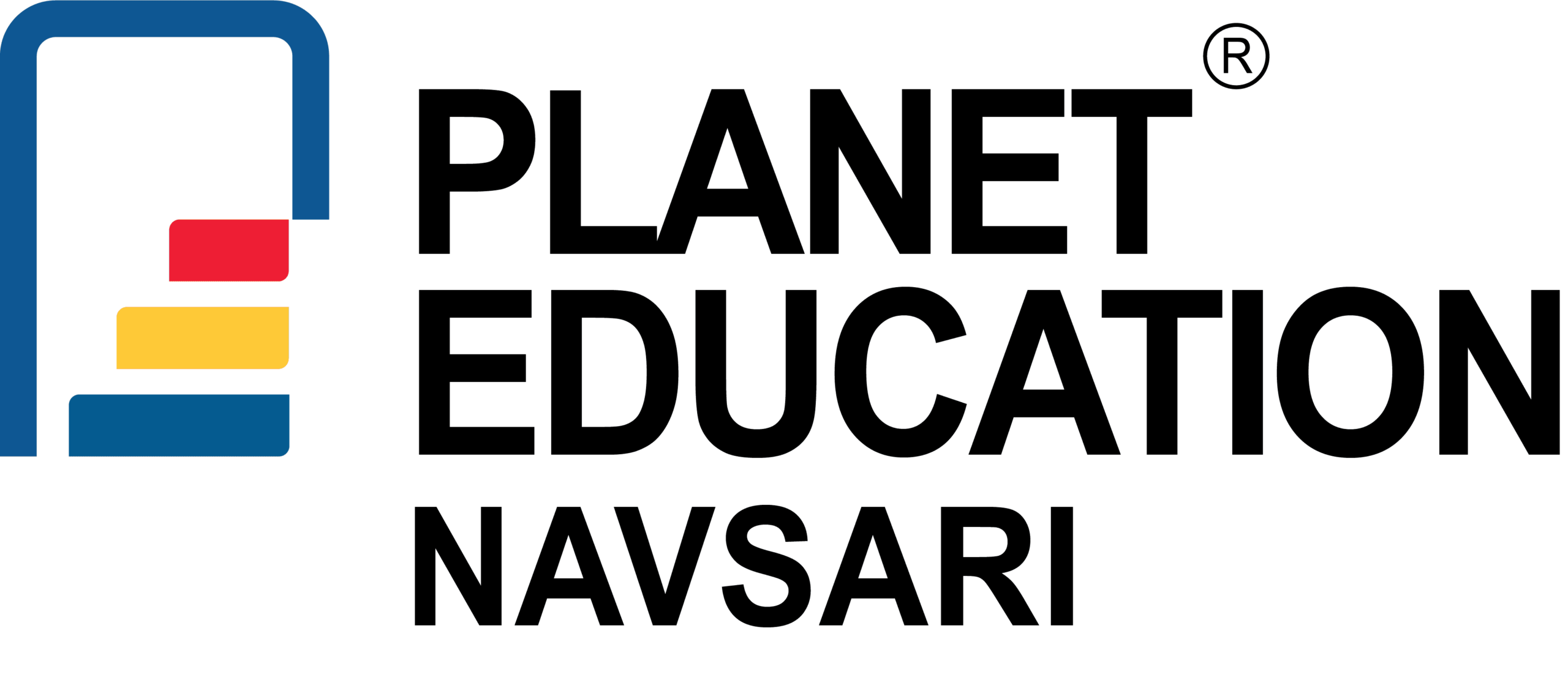Canada International Student Visa Updates You Should Know About
Menu Coaching IELTS PTE Duolingo Fast Track TOEFL Spoken English Counselling Study Abroad Exam Preparation Visa Work Visa International Job Countries Canada USA The UK Australia New Zealand European Union Scholarship More Study Tips Financial Assistant Resume Writing SOP Aryan Lathiya Author Updated on March 15, 2024 Canada International Student Visa Updates You Should Know About With an huge influx of foreign students in canada, it has become a prime destination for so many students worldwide because of its welcoming environment and post-graduation opportunities. According to a report, Canada hosted more than 1 million international students in 2023. As a study abroad destination, the number of universities in canada for International students have received more applications than ever before. Following the record-setting year, Canada has introduced a number of visa updates that can potentially change the trajectory of Canadian international student intake. Let’s dive into them first. How to Apply? Application Process The Canada Student Visa allows foreign nationals to study at designated learning institutions (DLIs) in Canada. To apply for a Study Permit, students must first receive an acceptance letter from a recognized educational institution in Canada. Alongside the acceptance letter, applicants are required to prove they have sufficient funds to cover their tuition fees, living expenses, and return transportation. The application process can be completed online or through a paper application, but online submissions are typically faster and recommended by the IRCC. Applicants may also need to provide biometrics (photo and fingerprints) as part of their application and, in some cases, undergo a medical examination. While the canada student visa processing can be complicated, working with a consultancy firm like Planet Education Navsari can help you to simplify the process. One of the key benefits of the Canada Student Visa is that it allows students to work part-time on campus without a separate work permit. Additionally, students may be eligible to work off-campus for up to 20 hours per week during academic sessions and full-time during scheduled breaks, such as winter and summer holidays, without a work permit. After completing their studies, graduates from eligible Canadian post-secondary institutions can apply for a Post-Graduation Work Permit (PGWP), which allows them to gain Canadian work experience. This work experience can benefit those who wish to apply for permanent residence in Canada through programs like the Canadian Experience Class (CEC) within the Express Entry system. The Canada Student Visa opens the door to world-class education and offers opportunities for work experience and permanent settlement, making it an attractive option for international students worldwide. Government Regulations & Updates Canada International Student Visa Update The Canadian government has announced several changes that could affect canada international student visa requirements. The details are as follows: Introduction of new temporary federal cap: According to recent updates, a temporary federal cap has been imposed on the intake of international students. The number of study permits approved in 2024 is expected to decrease by 35% compared to 2023, bringing the total down to 360,000. This cap is projected to remain in place for the upcoming year, and the decision on any further caps for 2025 will be taken towards the end of 2024. This move has been undertaken to manage the influx of international students and ensure that resources are utilised effectively. Changes to Post-Graduation Work Permit (PGWP) eligibility criteria: Starting from September 1, 2024, international students who begin their study programs in private colleges delivering licensed curriculum will not be eligible to apply for Post-Graduation Work Permits (PGWPs). PGWPs are essential for international students who wish to work in Canada to gain work experience after completing their studies. This change will impact those who choose private colleges to pursue their education. It is important to note that this change does not affect students who enrol in public institutions offering licensed curriculum. Updated cost-of-living requirements for students: Effective from January 1, 2024, international students who wish to apply for study visa in Canada (study permit canada) will be required to demonstrate that they have adequate financial resources to cover their living expenses while they are in the country. As per the new regulations, the minimum amount of funds that international students must prove they have access to has been increased to $20,635 from the previous requirement of $10,000. It is important to note that the financial requirement may vary for students who plan to move to Quebec. This change in the regulation aims to ensure that international students are financially prepared to support themselves during their stay in Canada, and it will help them avoid any financial hardships or difficulties while they pursue their academic goals in the country. Longer PGWPs for master’s graduates: Canada is set to introduce a new policy allowing students who have completed a master’s program to obtain a post-graduation work permit (PGWP) valid for up to three years. This new policy will benefit international students by providing them with extended opportunities to work in Canada after completing their studies. Before this change, only students who had completed a program of study that was at least two years in length were eligible for a three-year PGWP. This new policy is expected to come into effect on July 26th, 2021 and will be applicable to all students who have graduated from a master’s program at a designated learning institution in Canada. Changes to Spousal Open Work Permit eligibility: Effective February 14, 2019, only spouses or common-law partners of international students studying in master’s, doctoral, or professional programs at a designated learning institution (DLI) will be eligible to apply for an open work permit in Canada. This policy change aims to support the attraction and retention of international students in Canada, as well as to assist their spouses or partners in obtaining valuable work experience and contributing to Canada’s economy. It is important to note that this policy only applies to international students studying at a DLI in Canada, and not to those studying online or outside Canada. What
Canada International Student Visa Updates You Should Know About Read More »



